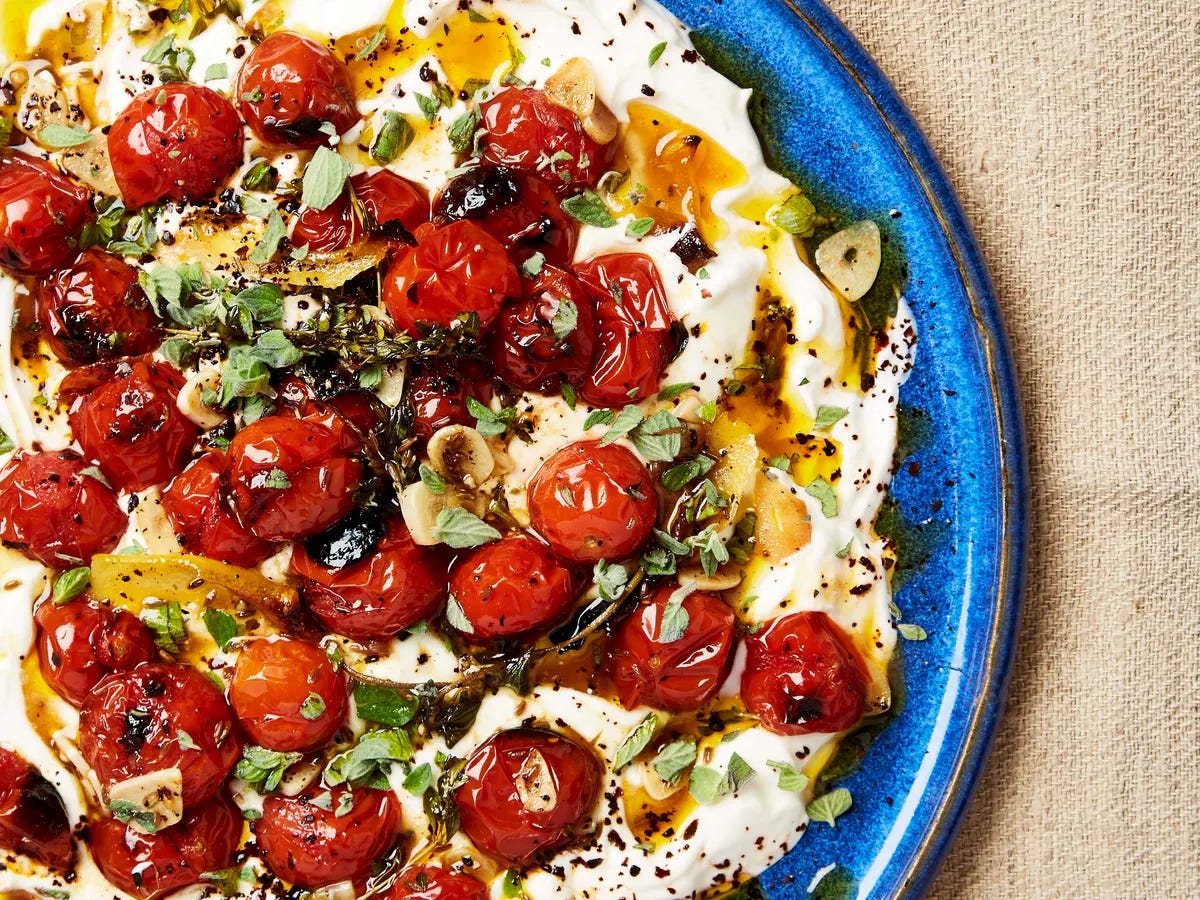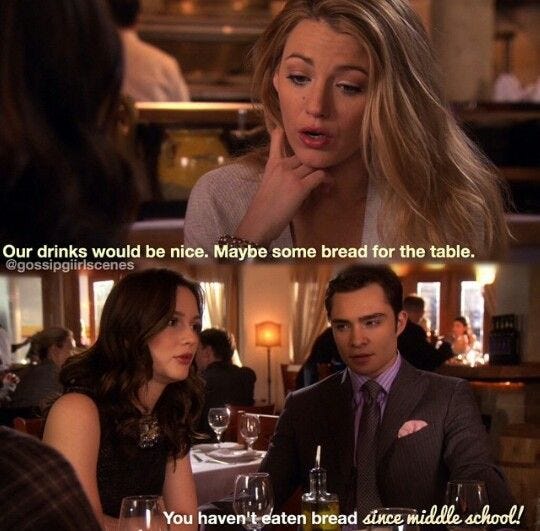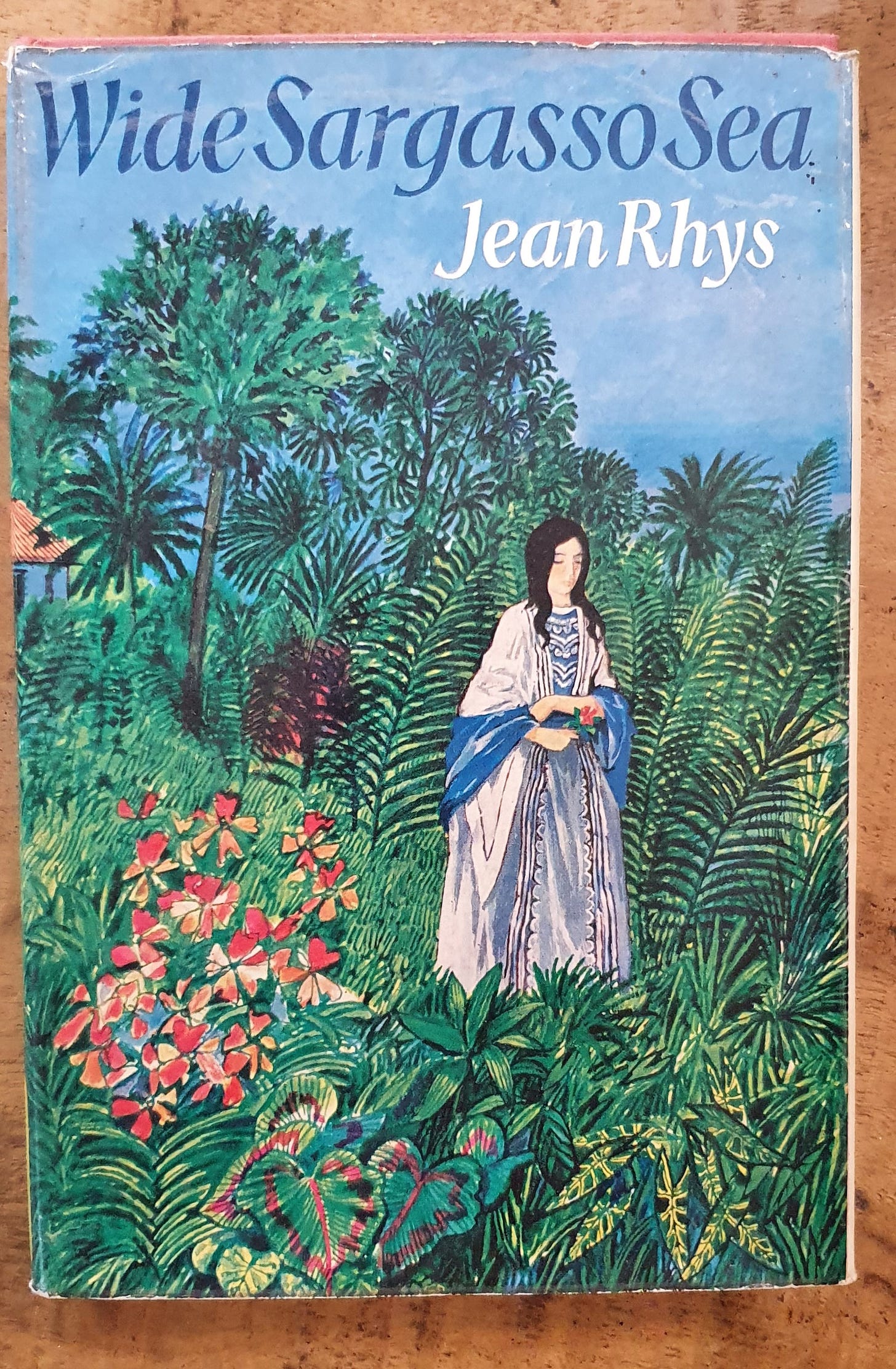Our first dispatch!
Welcome to The Fuse! Where two writers and internet fiends try to resist the noise in favour of thinking slow and diving deep.
Welcome to The Fuse! A fusing of minds, shall we say, propelled by the sparks—the articles, the people, the conversations—that have managed to light our own personal fuses. Just don’t ask us to explain, in a circuitry sense, what exactly a fuse does (it breaks things! But in a good way! We think).
What propelled us—Divya and Diana, hi!—onto the newsletter bandwagon (yes, we know it’s a bandwagon) was general fatigue. We’ve both been full-time writers for a few years now—from magazine features to newspaper columns to contemporary fiction—and we were both tiring of “keeping up”.
Inside and outside the media world, there’s a lot of pressure to have an opinion on the week’s Hot Topic: the book everyone’s talking about (haven’t read it, convinced it’s overhyped), the low-stakes Twitter fight (both parties are toxic; would crawl over hot coals to have just one drink with either party… so tantalisingly toxic), the serious and complex news story (too complex, and at the same time, not complex enough… is nuance dead?!).
Often, though, the most enlightening conversations happen when you’re not scrambling to keep up. When you dive deep into something, and try to understand why it just… hits.
In fact, that’s how we got to know each other! We met at a Leichhardt library event for Diana’s first book, when Divya was still working at Vogue Australia. (If you’re not a library person, start now. It sounds obvious but library books are free. In this economy!) We hit it off right away: we were both writers, both pop culture addicts, both with festering, unused law degrees behind us, both having run away from corporate life in fits of early-twenties existential angst.
But really, we became actual friends over a series of, what you’d probably call “dates”? We friend-dated! It was a slow burn at first—the odd wine when we could—then escalated when we both moved to London at the same-ish time. But every date was that dream feeling… you know when you’re sitting across the table from someone you really respect but who’s too nice and non-judgmental to be intimidated by, and you suddenly find yourself articulating thoughts you didn’t even know you’d had? Like, the alchemy of your two minds somehow creates the better-version of your brain? That’s how we’ve always felt talking to each other. And that’s what we’ve tried to replicate in this newsletter!
Every fortnight, we’ll discuss what’s interested us lately, rather than things we feel like we should be interested in. The aim is to combine the dialectical flow of a podcast with the brevity and clarity of an opinion piece (while sparing you from our actual voices). Below is an actual conversation, typed and edited for clarity and legal reasons (joke).
Ready? Yay! Let’s go!
1. MUSINGS
A discussion about what’s been on our minds this past fortnight…
Diana: Food. I have been thinking about food a lot lately. I think it’s because I’ve moved to London where everything is so expensive, so even eating a very basic meal at home can feel like a treat. I was comforted to see that, according to this piece in The Atlantic by Alexandra Moe, this food obsession isn’t just me.
Divya: It’s so nice to feel like one’s ennui of the week is actually part of something bigger. It’s like a little pat on the head. ‘It’s not you! It’s the universe/the circumstances of your birth/your moon sign.’ I think that’s why cultural commentary like this—which takes something sort of banal and minute and assigns importance to it with reference to ‘Gen Z youth culture experts’ (lol)—is so fun to read.
Diana: Exactly. Moe basically proposes that our generation has turned to cooking as a way of coping with anxiety — and I definitely experience cooking as an act of control. After I’ve spent the whole day writing 1000 words that I’m embarrassed by and will delete in the morning, it’s nice to actually make something.
Divya: I never used to be one for cooking, but more and more I feel comforted by the repetition: the combination of new recipes and familiar, simple movements hits that sweet spot between mindlessness and attention, I think.
It’s definitely taken some unlearning, though. I feel like we both came of age (we’re now 27 and 28) in a moment when cooking was a bit naff, where the women of Sex and the City etc. prided themselves on subsisting off martinis and keeping shoes in the oven. For me, growing up, cooking = domestic servitude = anti-feminism!!
Diana: And I feel like that was a result of diet culture and what we now can properly codify as “girlboss feminism”. Like, if you have time to cook (or, tbh, eat) then your life isn’t sufficiently busy/important/glamorous. I’ll never forget when Serena Van der Woodsen ordered bread and Blair said: “But you haven’t eaten bread since middle school.”
Divya: I can hear her saying those words!!! Blair Waldorf sassily eating a single grape off her silver platter (they really whacked us over the head with those metaphors, huh?) is my (sorry) Roman Empire.
But yes, it was like the feminism of that era needed to undermine traditionally feminine work — cooking, mothering, caring — in order to make an existential case for itself. It needed to denigrate those things — very valuable things! — in order to survive. Classic third-wave stuff.
Diana: For sure. I read this other piece recently called ‘Meals for One’ where Sharanya Deepak writes about how, when she was younger, she wanted to rebel against expectations placed on women (especially her grandmother) to cook for the men in their lives, and would always eat out, eat chaotically, not really know how to feed herself. But how now, she has embraced the idea of making a proper, wholesome meal for one as an act of… I hate to say it, but ‘self-care.’
I feel like, for our generation, in our demographic… cooking is more liberated from patriarchy than it used to be. For many of us, making the Ottolenghi hot tomato/cold yoghurt thing isn’t about being a good wife/mother/daughter/woman. And that’s so, kind of, purifying? Like, as soon as you have a choice about whether to perform an act of service, it becomes a love language.
Divya: Did you know that love languages are a scam?! Side note. But yes, I agree. I guess the difference is whether, in your life, cooking is an act of labour or leisure. And if it’s a choice, if you’re liberated from the expectation of it — which so many women around the world/in different situations still aren’t — it can be lovely and calming and mentally nourishing. And a way of expressing love.
Diana: Yes. I love how Deepak talks about food as this very organic, uncomplicated way of caring for someone else. Sans gender politics. It’s so wholesome!
Divya: Wholesome, and also now… cool somehow? Food/cooking/serving is also a medium to convey aesthetic tastes these days: I guess we have ‘tablescaping experts’ and ‘table design consultants’ now. And I am, despite myself, hooked.
Diana: Do you think it’s cool in an ironic way though?
Divya: Hmm. I think there’s an earnestness to it. There are all those reports on teens/people younger than us having less casual sex, drinking less, etc. than previous generations. I don’t know if there’s a direct correlation between partying less and cooking more… but it lines up kind of nicely. And I do think many people (self included) feel such a sense of joy in putting a spread on for people.
Diana: Yeah, no, you’re right. I’m so relentlessly cynical, it’s good to keep me in check. I’m like, “That’s so wholesome. How suspicious!!” But I do think there’s an element of political anxiety there. I think it’s like a macro version of what I was saying about writing and cooking: it’s a way of asserting control when, in other areas of life, young people are floundering a bit. You probably can’t fix the climate crisis. Or buy a house right now. But that peach tart is an achievement!! And peaches are in season! Look at you, moving to Mother Nature’s rhythms!
Divya: I am one with peach. Peach is me!!
In a slightly smug way, maybe it’s nice that we’re reconceptualising what being an adult means. Performing these little simulacrums of adulthood—setting the table, spending money on nice wine for our friends—is sort of necessary for our generation. It’s like, well, if I can’t actually be an adult in the ways that my parents were—genuine financial stability, a vague sense of security in the world—then at least I can be one in this sense. By caring for people around me, by feeding them—even if that’s in a meta-sub-letted house with mismatched cutlery.
Diana: So true. Like, for us, “adulting” looks like an Instagram of a tablescape (caption: we love our bread, we love our butter).
Divya: Yes. And I mean, maybe it is economic necessity that’s forced us to think about what we can provide for others as opposed to the property we can acquire for ourselves. And we express that by hosting dinner parties and cooking for ourselves with farmer’s market vegetables and feeding our friends and family.
So, even if the instigators are negative, the outcome is kind of lovely.

OTHER
And other musings that we didn’t have the time to discuss…
Divya: My favourite genre of writing online can probably be summed up as ‘innocently savage review that doesn’t let on how thoroughly it has eviscerated its subject until they’re truly six feet under’. This New Yorker piece by Merve Emre on Minna Dubin’s new book, Mom Rage is a beautiful example of exactly that.
Diana: This is the best Ozempic analysis I’ve come across. A really nuanced discussion about the way new weight-loss drugs will change what it means to be ‘fat’ or ‘thin’: how weight is stigmatised, moralised, how it relates to social capital, etc. Also by one of my favourite writers. Any time I write an opinion piece, I re-read Helen Lewis’s work to remind myself what cultural criticism can be.
And! As it’s our first newsletter (and we are not bowing to pressure to talk about What Everyone Else Is Talking About) I thought I’d throw in one of my Favourite Articles Ever, about how even having a modest, “private” social media following has seriously rewired our brains.
2. MUSES
What we’ve loved this past fortnight.
Diana
Object: For my birthday I was gifted this scarf which is everything I want from an accessory: practical (warm) and a bit silly (It doesn’t tie normally?! It just sits there 😭)
Experience: I saw a retrospective of the performance artist Marina Abramovich at the end of last year and was just obsessed with her commitment! I often think that being self-serious about your art can be a front for selfishness… I’m thinking of the stereotypical (usually male) “genius” who treats his “artistic temperament” as a licence to, essentially, be an arsehole in his personal life. Meanwhile, for decades, Abramovic has been stabbing herself, lying in a ring of fire until she passes out, not eating/speaking for days at a time, etc. She makes other “artists” look like hobbyists. If anything, I’d say she’s inspired me to take myself less seriously. Like, I love writing and I feel very grateful that I can do it as a job. But you will not catch me drawing blood for it. Or going on a silent retreat. Ever!! She’s also just launched a skincare line which feels incongruous and is a whole other conversation (maybe for next time)…
Taste: This probably reflects my mental state (English winter) but I’ve started making this garlic bread as a side on weeknights. It’s just the most comforting of comfort foods: it evokes the naughtiness of a drunk Domino’s order without compromising on the nourishment of, like, an actual meal.
Divya
Object: I signed off a phone call the other day with, “Can I call you later, I have to go check on my Tamagotchi.” My brother got me one as a late Xmas present and I am oddly hooked. It is at risk of being smothered though because my whole family has gotten very invested in its well-being and it is being fed like 12 times a day.
Experience: It was a bookish holiday period, and in its aftermath, I am still feeling kind of personally attacked by the fact that it’s not viable in a working day to spend 3+ hours nose-in-book. I’m slowly weaning, but in the meantime, I have loved sinking into the strange, ethereal, dark world of Jean Rhys in her ‘prequel’ to Jane Eyre, Wide Sargasso Sea. It’s a postcolonial take on the life of the madwoman in Mr Rochester’s attic before, well, she became that. It was published in 1966, but its punch is undiluted.
In furtherance of our anti-hot-take philosophy, I’ve committed to reading more old books and re-reading ones I’ve already loved this year, and the podcast Book Chat by Pandora Sykes and Bobby Palmer is perfect inspiration. Their one rule? That the books they discuss have to be more than two years old. Sadly, they’ve just released their final episode, but the archives are wonderful. And not time-bound!
Taste: This was one of the last meals I had in London before fleeing to Australia for the month of January (I am weak) but oh my god I loved The Tamil Prince in Islington. It feels like a cosy, chatty pub inside, and I finally had a dosa I actually liked in this city — it was so good I’ll forgive the incursion of some North Indian menu items in a ‘Tamil’ restaurant.
Aaand that’s all we have time for. Until next time! We’ll be back with you in a fortnight.
Divya and Diana xx
P.S. Thank you to the lovely and nimble-fingered Sam Barber for our logo which makes us look much cooler than we are.









Libraries are so hot forever!! I started going again at the beginning of that year for a book club book (around the same time as receiving a rent increase along w the rest of syd) and ended up lugging home a bunch of Curtis sittenfield’s short stories that I just wouldn’t have thought to look up or buy, and they have just been, perfectly satisfying. Xx library comrade in arms P.S. sam- SLAY.
Loveeed this first drop ladies! Can't wait for the next one xx